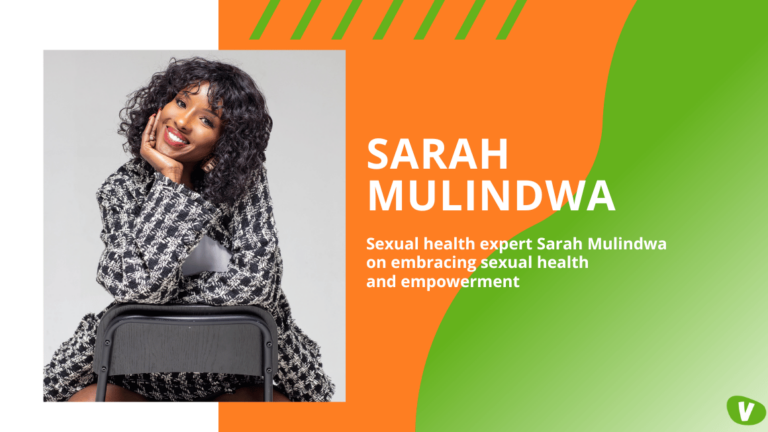Sexual health is a fundamental aspect of overall well-being, and its significance extends beyond the realm of physicality to encompass mental, emotional, and social dimensions.
In this article, sexual health expert Sarah Mulindwa explores the positive impact of prioritising sexual health, well-being, and empowerment, with a special focus on sex workers who deserve the same level of care and attention as anyone else.
- Understanding sexual health
- Breaking stigmas
- Sex workers’ rights and well-being
- Education and informed choices
- Mental health connection
- Holistic approaches to well-being
- The takeaway
Keep reading to learn more.
Understanding sexual health
Sexual health is not merely the absence of disease but a state of physical, emotional, mental, and social well-being. It involves respectful relationships, sexual pleasure, and the ability to make informed decisions about one’s own body. Health practitioners play a crucial role in educating individuals about the holistic nature of sexual health.
Points to remember
-
- Embrace ongoing sexual education as a lifelong pursuit, seeking information beyond the basics to include aspects like communication skills and relationship dynamics
- Regularly prioritise sexual health check-ups, including screenings for STIs, to stay proactive about your well-being
- Encourage open and honest conversations with partners and/or clients, creating a comfortable space to discuss desires, boundaries, and any concerns
Breaking stigmas
Empowerment begins with breaking down societal stigmas surrounding sexuality and sex work. Health practitioners can contribute to encouraging open conversations, destigmatising sexual preferences, and providing non-judgmental spaces for individuals to discuss their concerns. This inclusivity creates an environment where everyone feels valued and supported.
Points to remember
- Challenge societal norms and misconceptions by actively seeking diverse perspectives on sexuality through books, documentaries, and discussions
- Use inclusive language in daily conversations to create an environment where everyone feels accepted and understood.
- Support initiatives that advocate for equality and challenge discrimination based on sexual orientation, gender identity, or occupation
Sex workers’ rights and well-being
Points to remember:
- Advocate for the rights of yourself as sex workers or your colleagues/friends in the community to access healthcare without judgment and support organisations working towards this cause
- Access educational tools about the challenges faced by sex workers and actively work to destigmatise the profession – visibility (where you feel comfortable) is crucial
- Engage in conversations that promote empathy and understanding, recognising the importance of equal healthcare for all individuals
Education and informed choices
Points to remember
- Stay informed about contraception options and their implications, making informed decisions aligned with personal values and lifestyle
- Share reliable sexual health information with friends and family, contributing to a culture of openness and knowledge-sharing
- Seek guidance from healthcare professionals for personalised advice and support when making sexual health choices

Mental health connection
Points to remember
- Recognise the impact of mental health on overall well-being and actively seek ways to manage stress and promote mental wellness
- Engage in practices like mindfulness and meditation to enhance self-awareness and emotional resilience
- Foster a supportive social network that encourages open conversations about mental health and its connection to sexual well-being
Holistic approaches to well-being
Points to remember
Embrace holistic well-being by incorporating mindfulness practices, regular exercise, and a balanced diet into daily life.
Celebrate body diversity and challenge unrealistic societal standards by promoting a positive body image.
Explore various aspects of well-being, such as emotional and spiritual dimensions, to create a more comprehensive approach to personal health.





